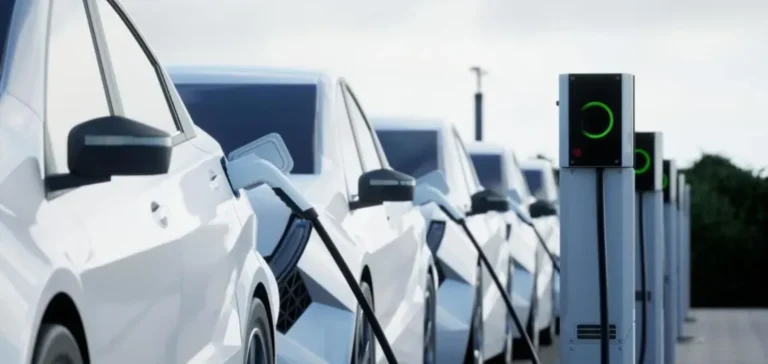The British government confirmed on 15 July the return of direct subsidies for the purchase of fully electric cars, reversing the decision taken in 2022. The programme makes USD845mn available until 2029 and caps the discount at USD4,875 for each vehicle whose sticker price does not exceed USD48,100. Connaissance des Énergies reported on 15 July that the measure is intended to accelerate the transition towards the goal of ending sales of petrol and diesel cars in 2030, while hybrids remain permitted until 2035.
Industry reaction
“It is time to go electric,” said Mike Hawes, chief executive of the Society of Motor Manufacturers and Traders (SMMT), hailing a vote of confidence for carmakers. Fully electric models accounted for nineteen % of registrations in 2024, below the government target of twenty-two %. The new subsidies are expected to reduce the upfront cost for private buyers and fleet managers, the Department for Transport said.
Plants in Sunderland, Oxford and Solihull saw their exports drop by one third in the second quarter after the introduction, in early April, of a US tariff of twenty-seven point five %. An agreement reached at the end of June now limits this duty to ten % for one hundred thousand vehicles a year, giving respite to Nissan Motor and Jaguar Land Rover. The Treasury says stronger domestic demand remains necessary to underpin jobs and investment.
Funding and European comparisons
The Treasury will reassess the level of aid each year, following battery cost trends, while LMC Automotive forecasts a further eight % decline in average selling prices in 2025 after the fifteen % slide recorded in 2024. Non-governmental organisations nonetheless point to the absence of new commitments to densify the public charging network.
France and Germany maintain grants that can reach USD5,400 and USD6,000 respectively, creating competitive pressure on the British supply chain. More than twenty models priced below USD50,000 are due to be launched by 2026, a timetable that suppliers and investors will watch closely to gauge the competitiveness of the domestic market.






















